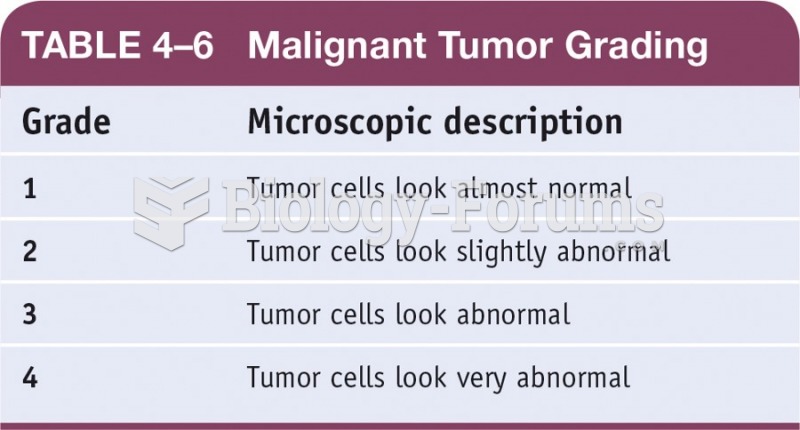|
|
|
Bisphosphonates were first developed in the nineteenth century. They were first investigated for use in disorders of bone metabolism in the 1960s. They are now used clinically for the treatment of osteoporosis, Paget's disease, bone metastasis, multiple myeloma, and other conditions that feature bone fragility.
More than 2,500 barbiturates have been synthesized. At the height of their popularity, about 50 were marketed for human use.
Symptoms of kidney problems include a loss of appetite, back pain (which may be sudden and intense), chills, abdominal pain, fluid retention, nausea, the urge to urinate, vomiting, and fever.
Drug abusers experience the following scenario: The pleasure given by their drug (or drugs) of choice is so strong that it is difficult to eradicate even after years of staying away from the substances involved. Certain triggers may cause a drug abuser to relapse. Research shows that long-term drug abuse results in significant changes in brain function that persist long after an individual stops using drugs. It is most important to realize that the same is true of not just illegal substances but alcohol and tobacco as well.
There are 20 feet of blood vessels in each square inch of human skin.
 Photo of the neck of a patient with non-Hodgkin’s lymphoma showing the swelling associated with enla
Photo of the neck of a patient with non-Hodgkin’s lymphoma showing the swelling associated with enla
 Mammography. (b) A mammogram. A tumor is visible in this mammogram, indicated by the arrow in the lo
Mammography. (b) A mammogram. A tumor is visible in this mammogram, indicated by the arrow in the lo





